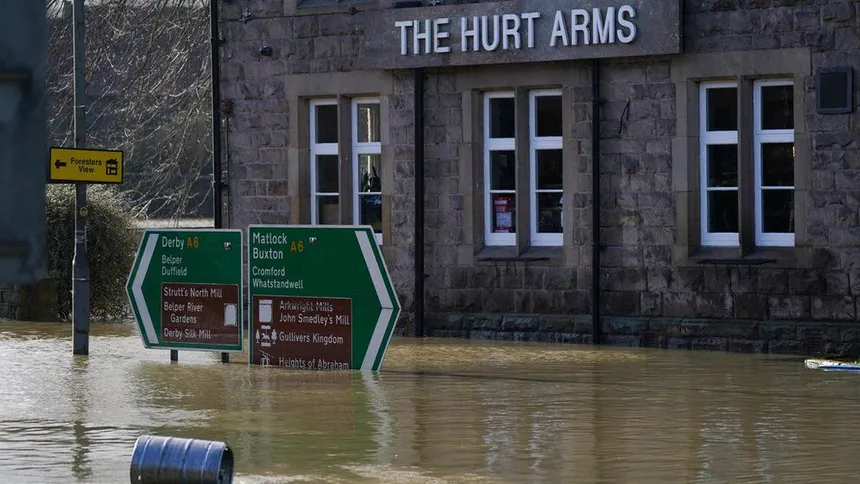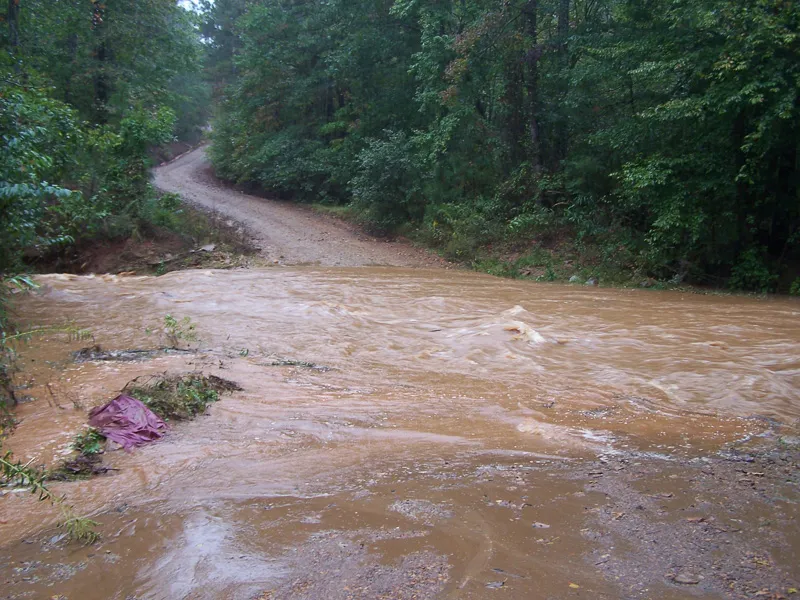For communities affected by this month’s floods, the problem persists, with no end in sight. The National Flood Forum has warned that small towns and villages in England and Wales are unlikely to receive government support for flood defences and mitigation due to a lack of a business case. According to Heather Shepherd, director of operations at the NFF, a charity that supports flood victims, “There’s a lady who’s been flooded three times in the past year in Shrewsbury. The EA and the council can’t access help for her because they have to apply for funding – and they don’t qualify.”
The woman in Shrewsbury already has extensive flood mitigation measures in her home but was still affected by last week’s downpours, which saw the River Trent reach a record peak. More than 200 flood warnings remained active across the country, with the Environment Agency warning of significant river flooding from the Severn around Gloucester and the Thames in Oxfordshire.
David Walters, who runs Cresslands Touring Park in south Lincolnshire, said it would cost £20,000 to repair flood damage caused by last week’s storm. He explained that debris from the floods has strewn his car park and everything smells due to a lack of running water. The EA has warned that teams have been operating flood defences and clearing watercourses, with more than 45,000 properties protected in the last few days.

Government initiatives focus on resilience, with homeowners able to apply for grants to install flood-resistant doors and make other changes to their homes. However, Shepherd argued that these measures are not enough, and homeowners often need to spend as much as £70,000 to make their homes flood-resistant. She also warned that the government’s investment in flood defenses is insufficient, citing the number of homes built in high-risk areas since 2008.
Jonathan Werran, chief executive of Localis, a thinktank focused on local affairs, agreed that the government’s approach is flawed, arguing that the planning system encourages and incentivises the construction of houses in high-risk flood plain areas. He suggested that local authorities responsible for these areas should be given a pass, rather than being pressured to meet house-building targets.
The government’s response to the situation has been met with criticism, with Jeremy Hunt, the chancellor, defending government action on flooding. He cited the fact that since 2015, the government has protected nearly 400,000 homes, but this has been achieved at a cost, as inflation has made projects more expensive. For small towns and villages affected by the floods, the reality is that they are unlikely to receive the support they need, leaving them to face the same problems in the future.

